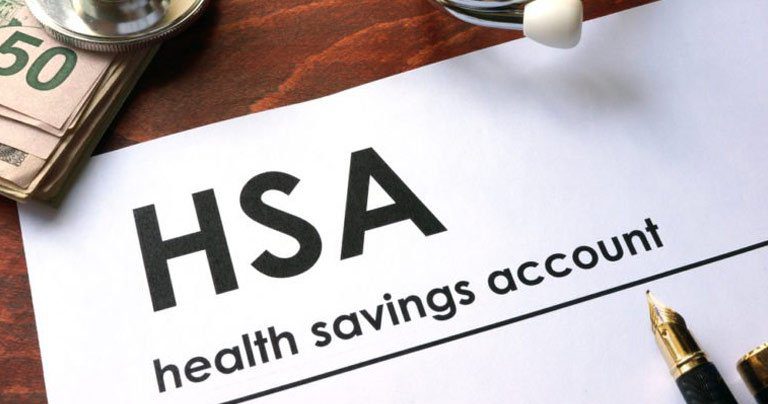Typically, a health savings account (HSA) is a great, high-deductible option for people who are considered “younger” and/or for people who are rarely sick or don’t visit the hospital too often. It’s an alternative for people to still be covered by health insurance, but not have to pay monthly premiums from their base income to do so. But, did you know that HSAs can also be used to help save for retirement too?
According to Workforce, “Similar to a 401(k), your employees also have the option of investing all or a portion of their HSA funds once they reach a minimum account balance. This can help increase their health care nest egg even more.”
Employee’s HSA Balance
A great aspect of having an HSA is that as an employee’s HSA balance begins to grow, the better they begin to understand the financial stability that comes with tax-free saving. Once they realize this, they’ll become even more active as participants, looking at ways to increase their savings.
With only 22 percent of employees realizing HSAs are tax-free, there is a lot of work to do for brokers and advisors alike to communicate to both the employer and employee what an HSA can do for them. Not just for health care, but also for retirement.
Benefits of HSAs for employees
According to HealthEquity, employees can win with an HSA because:
- Employee HSA deposits are not taxed and can reduce the taxable income of users
- HSA withdrawals used for qualified healthcare expenses are not taxed
- HSA deposits earn tax-free interest
- HSA funds are FDIC-insured
- HSA funds can be used post-retirement (after age 65) for medical and non-medical expenses without penalty, much like an IRA
Benefits for Employers
Employers who offer an HSA option to their employees can be sure to revel in these benefits:
- HSAs empower health savings for employees by giving them the ability to save up for future healthcare expenses
- They make your organization much more competitive in the job market. By providing an attractive healthcare/retirement option for employees to their benefits package, organizations will have a leg-up in acquiring and retaining top talent
- HSA-qualified plans are an effective way to ensure compliance with the Patient Protection and Affordable Care Act (PPACA), and also helps the participant avoid tax penalties regarding retirement savings
- HSA funds never expire. They roll over every year and are available for qualified healthcare expenses, even if the employee changes their health plan, retires or finds a new job
- Contributions made to employees’ HSAs qualify as a tax deduction for employers
The benefits of offering HSAs as an option to employers for advisors
According to BenefitsPro, these three reasons alone should make advisors investigate HSA accounts and their retirement benefits potential.
- HSAs are triple-tax-free vehicles for employees – tax-deductible contributions, tax-free earnings, and tax-free distributions
- Enrolling somebody in a 401(k) is an opportunity for a one-time conversation– but if you enroll them in an HSA, you see them every year at enrollment time
- HSAs provide the opportunity to offer another service to employers while also adding assets under management
Don’t confuse them with Flexible Spending Accounts (FSAs)
A lot of people seem to get confused over the differences between an HSA and an FSA. As they are very different from one another, they are also similar in some ways. For example, the biggest similarity is that both are tax-free accounts to be used to save for medical costs.
However, one of the biggest differences that can have a huge effect on how employees’ strategize to use them is that HSA funds are rolled over year-after-year. While in most cases, an FSA is typically a “use it or lose it” arrangement. So anyone on an FSA will have to plan accordingly with how they are using it or else they may lose what remaining funds are in the account at year’s end.
To see a full list of the differences between an HSA and FSA, read this article by NerdWallet.



